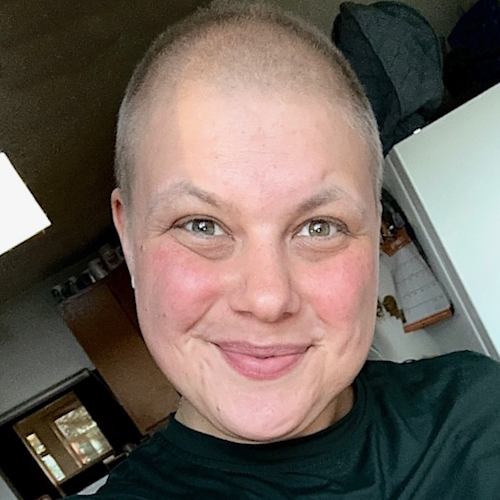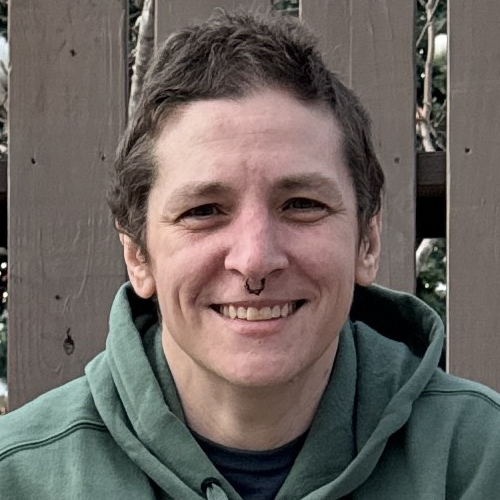Diffuse Large B-Cell Lymphoma (DLBCL) Patient Stories
Diffuse large b-cell lymphoma (DLBCL) is a common subtype of b-cell non-Hodgkin’s lymphoma, and is usually an aggressive cancer, one that progresses quickly.
Explore below to hear DLBCL patient stories and experiences. Our community members share their first symptoms of non-Hodgkin’s lymphoma, how they made treatment decisions, their entire treatment experience, recovery, and navigating quality of life issues.
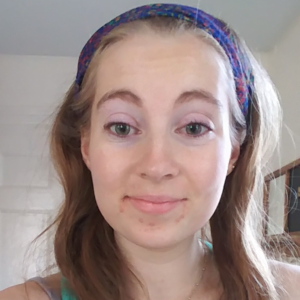
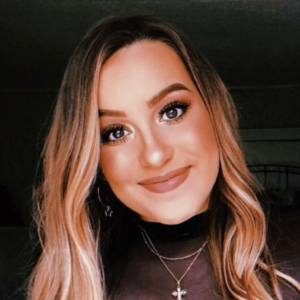
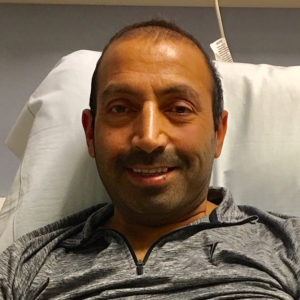
DLBCL General Information
First Symptoms
Commonly reported first symptoms of non-Hodgkin’s lymphoma in general include, but are not limited to:
- Swollen or enlarged lymph nodes
- Sudden and/or acute weight loss
- Appetite loss
- Night sweats
- Extreme fatigue
- Fever
- Unexplained itchiness
Patient Stories on Symptoms
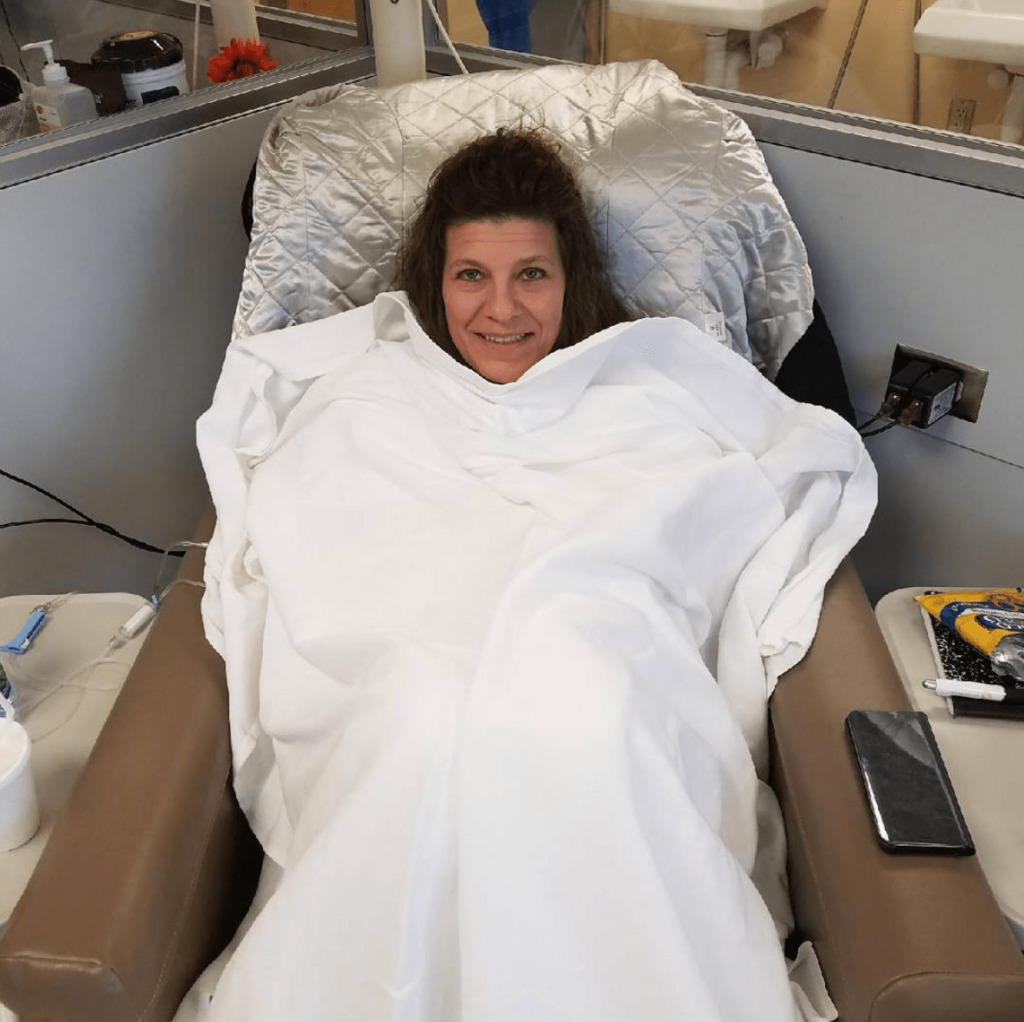
How I Knew I Had Non-Hodgkin’s Lymphoma
Explore patient stories on the first signs they knew something was wrong.
Treatment
The most common treatment for DLBCL is a four-drug chemotherapy regimen, known as CHOP:
- C – Cyclophosphamide
- H – Doxorubicin Hydroxydaunomycin
- O – Vincristine Sulfate (Onvocin)
- P – Prednisone
Oftentimes, it’s combined with a monoclonal antibody known as rituximab or Ritxuan, known altogether as R-CHOP.
One alternative chemo regimen is dose-adjusted or DA-R-EPOCH:
- R – Rituximab
- E – Etoposide Phosphate
- P – Prednisone
- O – Vincristine Sulfate (Oncovin)
- C – Cyclophosphamide
- H – Doxorubicin Hydrochloride (Hydroxydaunorubicin)
Patient Stories on Treatments
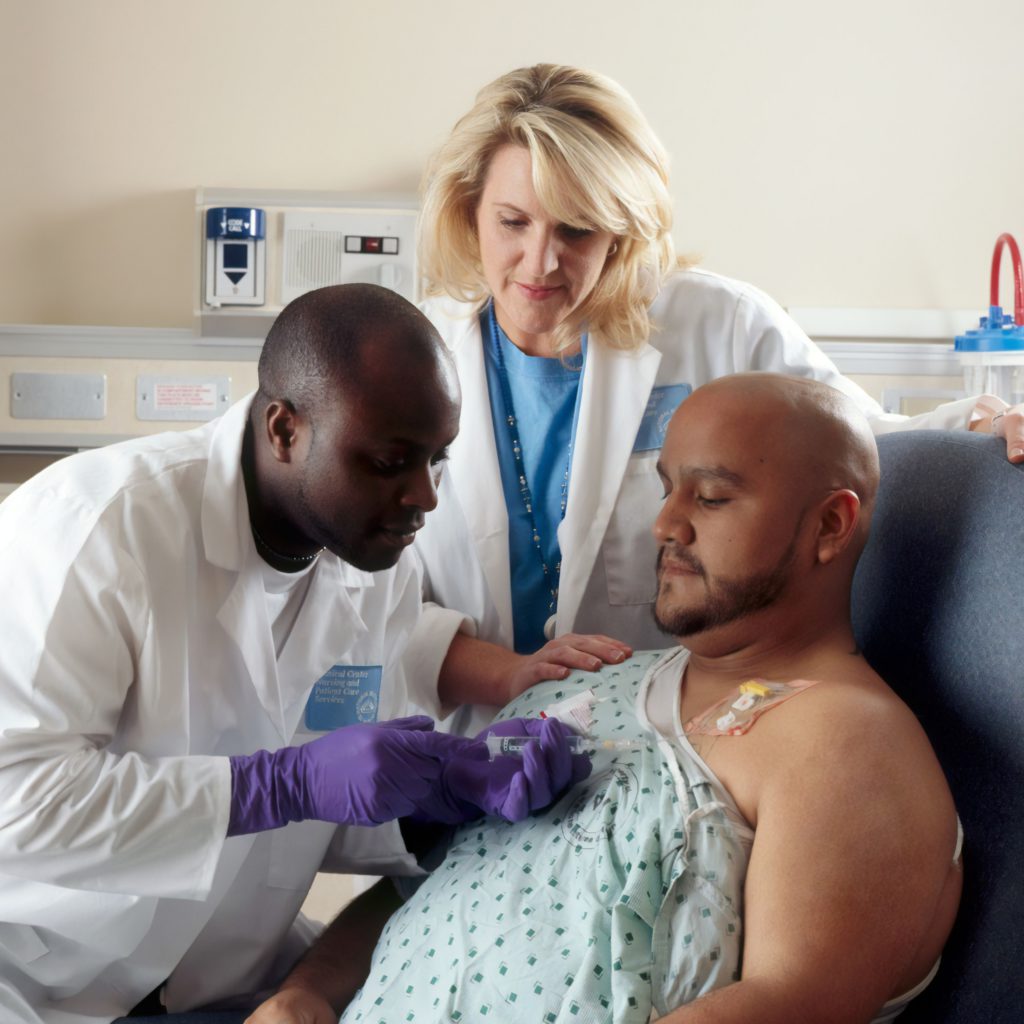
Hear from patients on their R-EPOCH chemotherapy regimen experiences.
DLBCL Patient Stories
Hear From DLBCL Patients
Anna M., Diffuse Large B-Cell Lymphoma (DLBCL), Stage 4
Symptom: a rRapidly growing, painless lump on the breast
Treatment: Chemotherapy
Ashley P., Diffuse Large B-Cell Lymphoma (DLBCL), Stage 4
Symptoms: Feeling like holding breath when bending down or picking up objects from the floor, waking abruptly at night feeling “off,” one episode of fainting (syncope), presence of a large mass in the breast
Treatments: Chemotherapy, bridge therapy of chemotherapy and radiation, CAR T-cell therapy
Melissa B., Relapsed Diffuse Large B-Cell Lymphoma (DLBCL)
Symptoms: Lump in the left breast, persistent rash (started near the belly button and spread), intense fatigue and energy loss
Treatments: Chemotherapy (R-EPOCH), Neulasta, radiation therapy, surgery (to remove scar tissue and necrosis), autologous stem cell transplant
Jen N., Diffuse Large B-Cell Lymphoma (DLBCL), Stage 4B
Symptoms: Blood-tinged phlegm, whole-body itching, shortness of breath, lump near collarbone, night sweats, upper body swelling, rapid weight loss
Treatments: Chemotherapy, immunotherapy, lumbar puncture, autologous stem cell transplant
Quality of Life Topics
Fertility Preservation
Fertility preservation is not always an option for cancer patients, but when treatments like chemotherapies are involved, our community members recommend that you ask about it. This includes procedures like egg retrieval and freezing, as well as sperm banking.
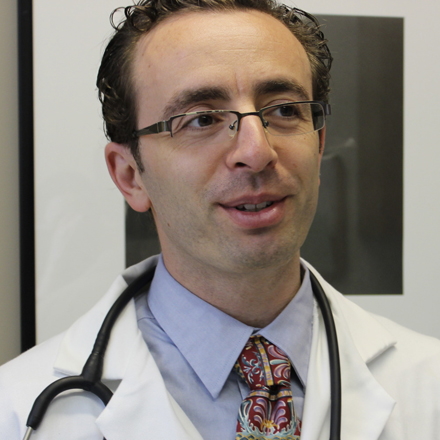
Exercise for DLBCL Management: Expert Insights from Dr. Joshua Brody
Dive into the valuable benefits of exercise for DLBCL patients and provide practical tips to help integrate physical activity into your daily life.
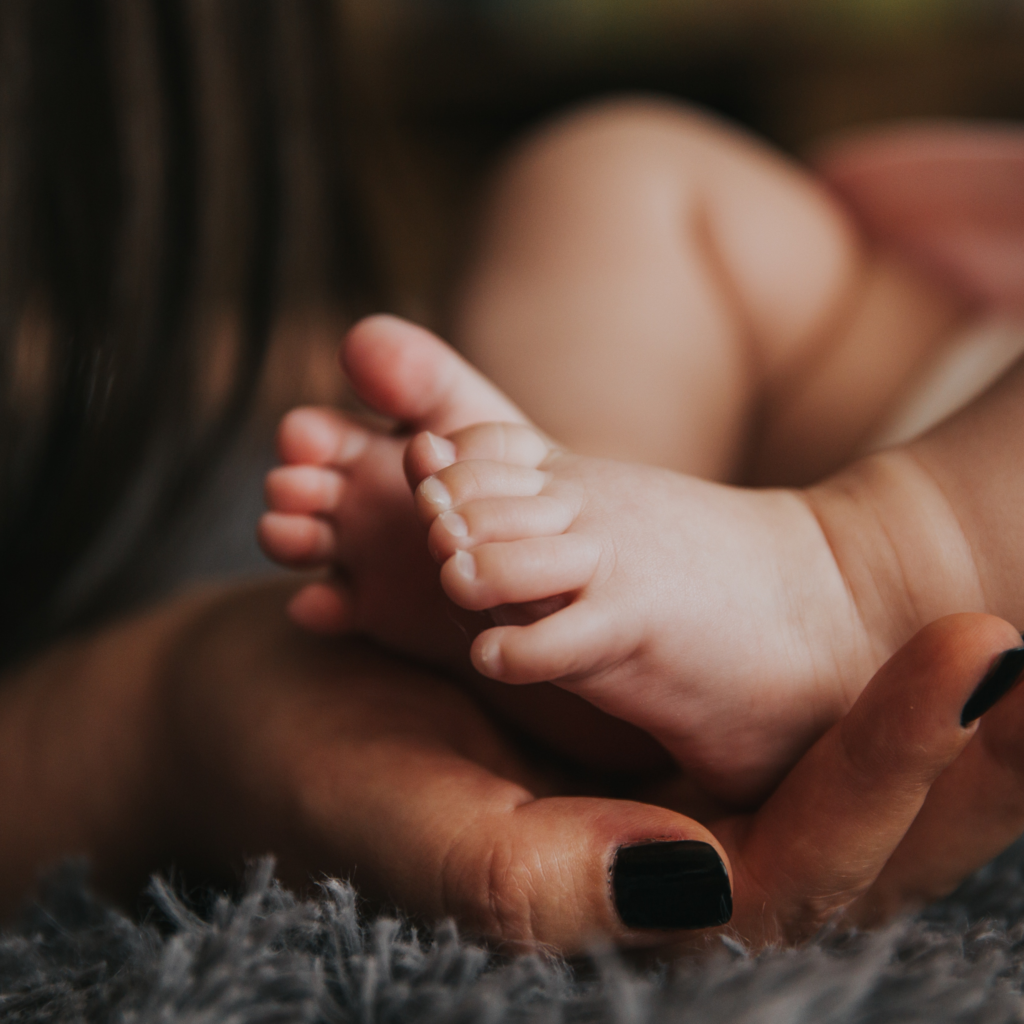
Fertility Preservation & Cancer Treatments
Read patient stories on how they approached fertility preservation after a cancer diagnosis.
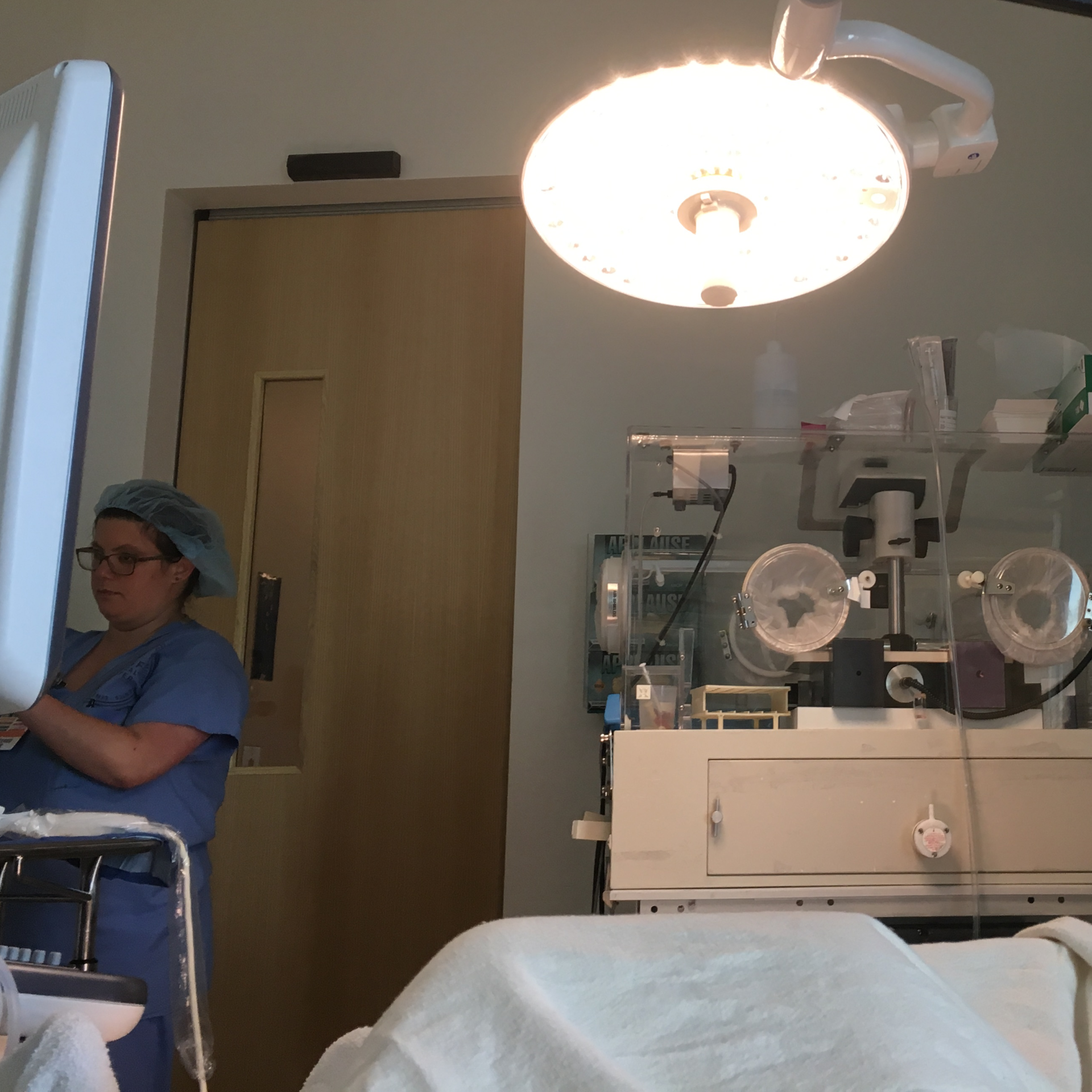
Patient Details Egg Retrieval Before Cancer Treatment
A detailed look at the egg harvesting and retrieval from a cancer patient who went through the process before starting chemotherapy.
Hair loss
Hair loss, often experienced after chemotherapy, is one of the first things that comes to mind for many patients when they first hear a cancer diagnosis.

Patients describe on how they managed through losing their hair after cancer treatments.
Financial toxicity
Trying to deal with a cancer diagnosis is overwhelming enough, but for many patients and their families, there’s the added stress of trying to figure out how to pay for cancer treatment.

Details on how Medicare can help cover (some) cancer-related costs.
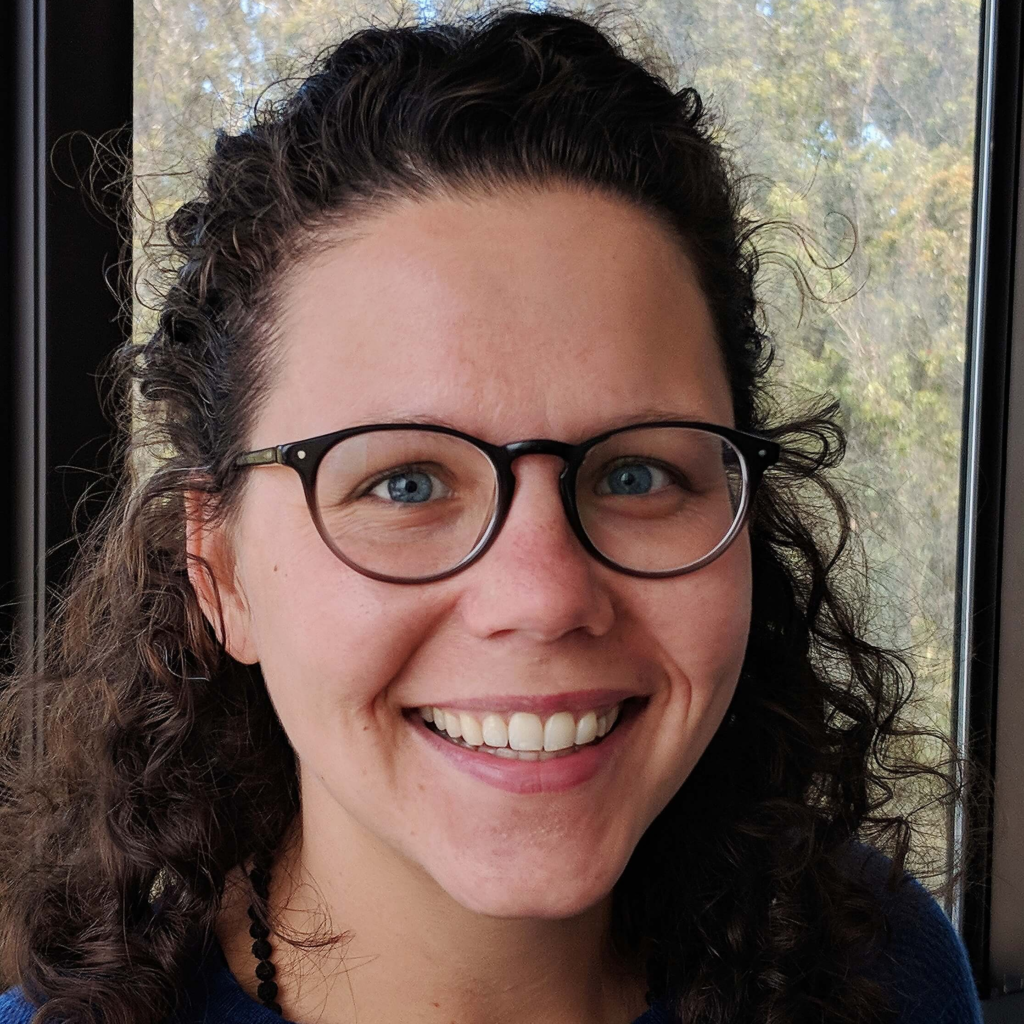
Guidance From Experienced Hospital Social Worker
Hear more from an expert on how patients and caregivers can approach issues like insurance and paying for treatment.
Dealing with emotional and mental stress
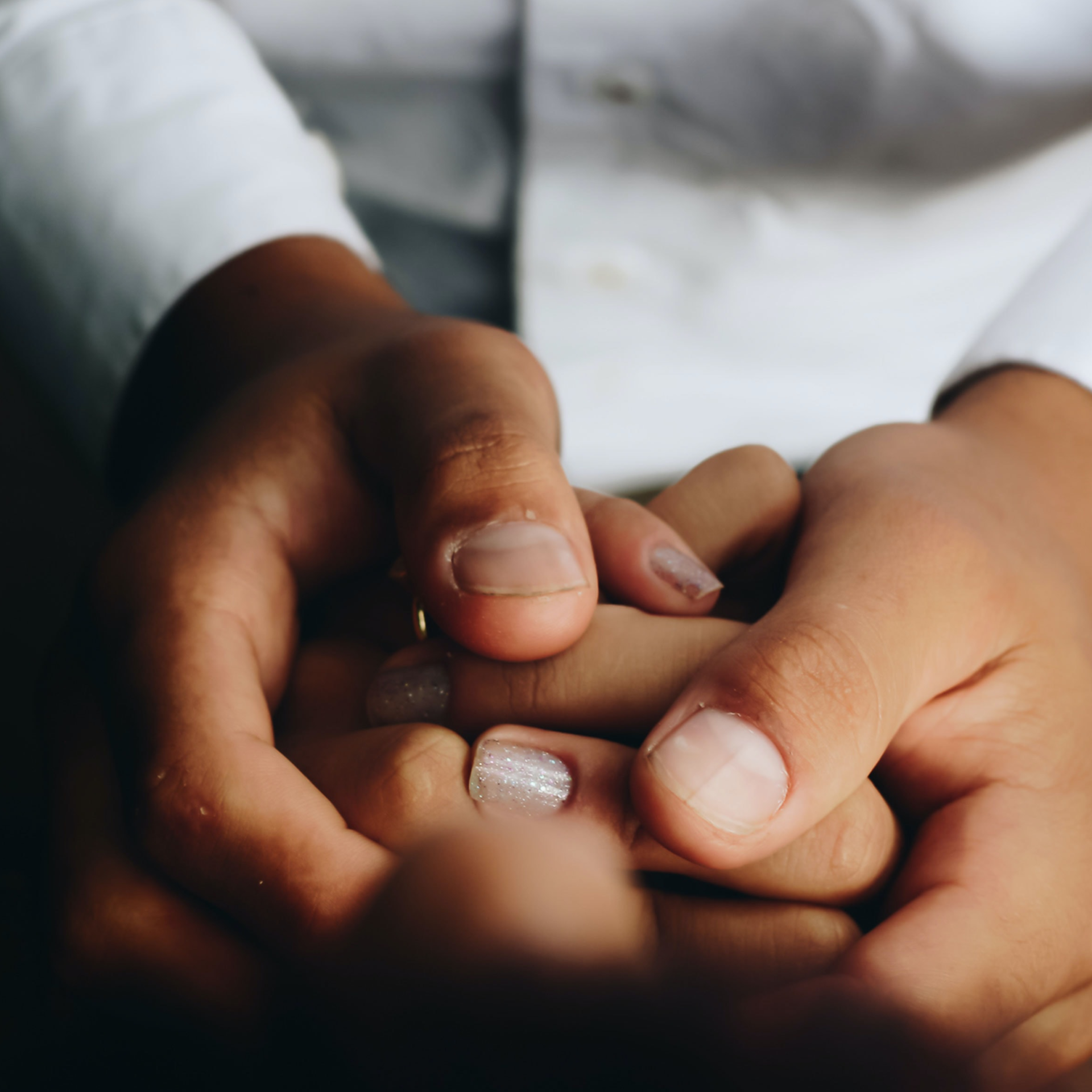
Scanxiety: Waiting For Test Results
Read how patients worked through the anxiety of waiting for results from tests and scans, known as “scanxiety.”
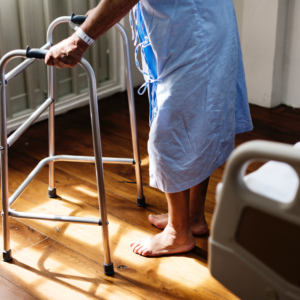
Leaving the Hospital: Emotions & Support
Read on for answers from real cancer patients about how can you navigate the feelings that come along with hospital stays.

